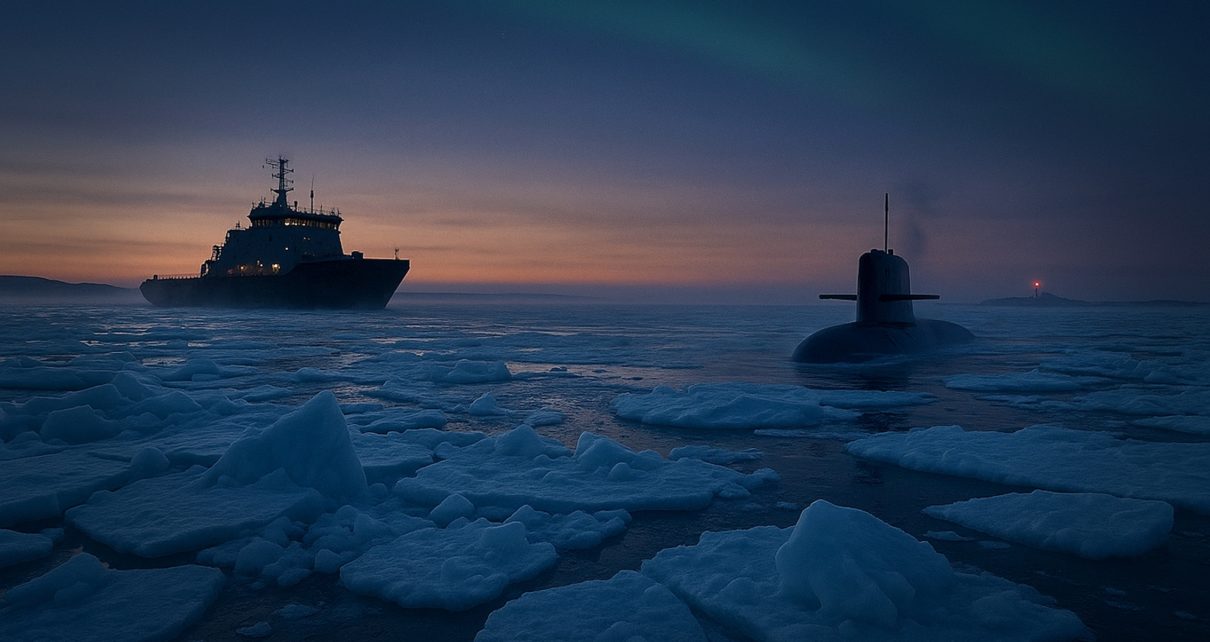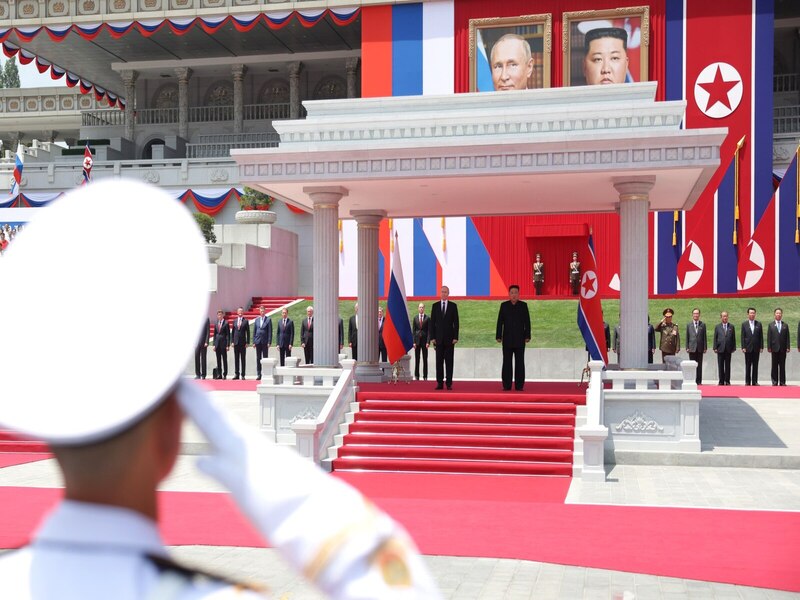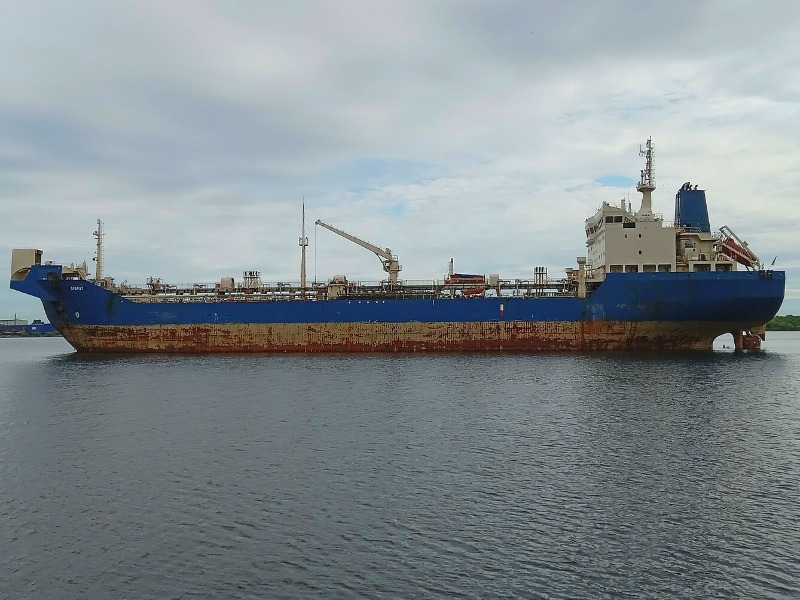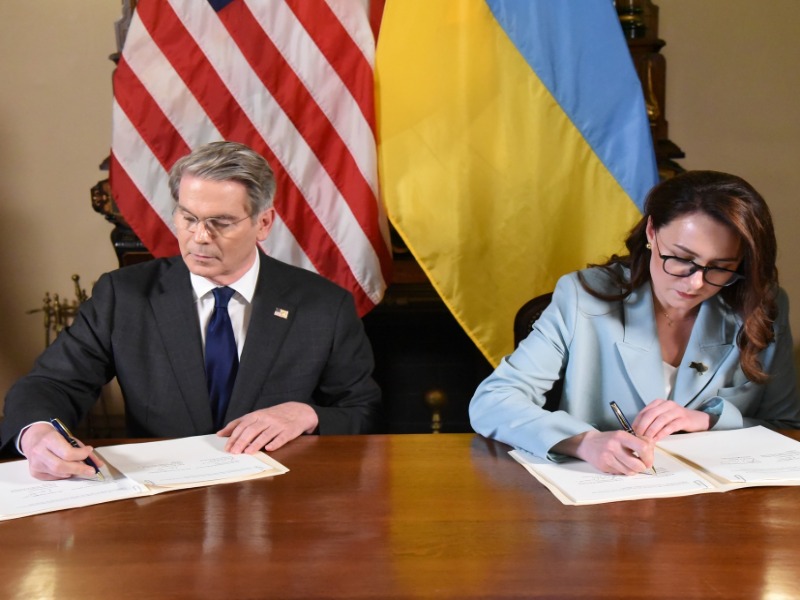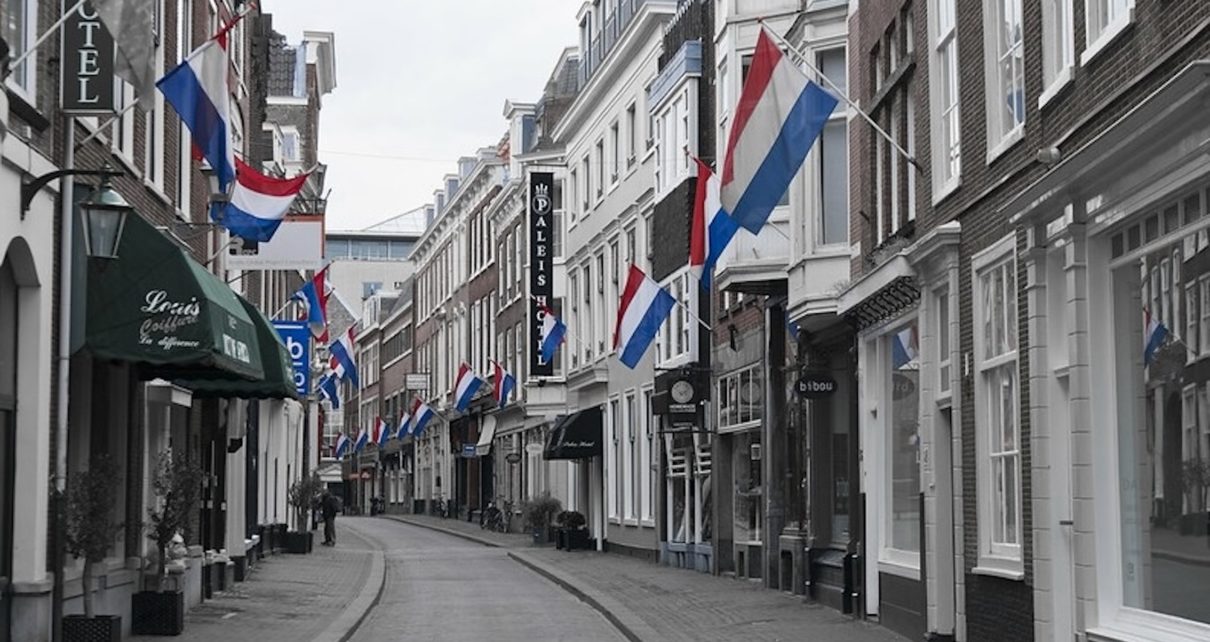Narayan Srivastava highlights how NATO’s relevance in today’s multipolar world depends on engagement with the Global South. From safeguarding maritime chokepoints to strengthening resilience in energy and trade, actors like India, Brazil, and the Gulf states are emerging as indispensable partners. By expanding its partnership models and leveraging shared interests, this article explores how NATO can reinforce its role as the global custodian of stability, ensuring that the Alliance not only adapts to new realities but leads in shaping them.
Tag: Russia
POWER PLAY IN THE ARCTIC: Part 2 – Dissecting the Arctic’s Power Struggles by State
*This is the second instalment of a six-part series. As each Arctic state strengthens its security and defence capabilities in the High North, there is likewise an overall intensification of geopolitical rivalries, an expansion of coastal states’ territorial and energy ambitions, increasing clashes of interest, and a corresponding potential for instability. Problematically, NATO lacks an Arctic policy, Read More…
POWER PLAY IN THE ARCTIC: Part 1 – From Isolation to Insecurity
*This is the first instalment of a six-part series. Although the Arctic’s extreme environment has historically been an effective obstacle to threats to Canada’s sovereignty and security, the region is now being reshaped by climate change. In 2007 alone, over 2.5 million square kilometres of ice melted in the Arctic Circle, leaving only half of that Read More…
Beyond the Front Line: Lessons from Ukraine’s Digital Battlefield
During Russia’s invasion of Ukraine, the world was given yet another case to underscore how cyberspace has become a battlefield. In January 2022, researchers uncovered Whisper Gate, a virus that corrupted the master boot record on targeted computers. Following on to February, another malware, Hermetic Wiper, erased data hours before the Russian invasion. Banks, ministries Read More…
North Korea and Russia: A Growing Military Alliance with Global Implications
As Russia and North Korea deepen their military alliance, the threat spans from Kyiv to the Korean Peninsula. To meet this global challenge, NATO and South Korea must strengthen defence ties and industrial cooperation.
Science, Technology, and Strategic Foresight: Strengthening NATO for a Complex Future
This year was a big moment for science and technology (S&T) within NATO. On July 1, 2025, the Alliance designated Steen Søndergaard as its new Chief Scientist, taking over from Dr. Bryan Wells in order to bring a fresh approach to NATO’s S&T efforts. At the 2025 NATO Summit at The Hague, the Allies agreed Read More…
NATO’s Defence Spending Surge Is a Smart Move – But Can Europe and Canada Keep Up?
In June 2025, during the NATO summit in The Hague, the alliance agreed to a massive increase in defence spending, committing to reach the 5% goal by 2035. This article examines why Canada and the EU must match their rhetoric with resolve and highlights effective avenues for achieving higher defence investment.
Financing the enemy: The limits of NATO’s strategic decoupling from Russian fossil fuels
Despite vocally supporting Ukraine, between February 2022 and February 2025, NATO countries paid more to Russia for energy imports than they provided in aid to Ukraine. This article analyzes the limits of NATO’s strategic decoupling from Russian fossil fuels and proposes concrete steps the alliance as a whole, and Canada in particular, should take to tackle this problem.
The U.S.-Ukraine Mineral Deal: Economic Commitment and America’s Stake in the Euro-Atlantic Future
This article analyzes the U.S.-Ukraine mineral deal – a diplomatic success for Ukraine that nonetheless signals a transition to a more restrained U.S. approach to global defense. It argues that other NATO members must step up to safeguard collective security and work toward fostering mutually beneficial economic cooperation within the alliance.
NATO Summit 2025: Canada’s Leadership, Leverage, and Alliance Future
In the weeks leading up to the NATO Summit in The Hague taking place from June 24th–25th, Canada has found itself at the centre of multiple international conversations. Coming off the heels of the G7 summit in Kananaskis, where Prime Minister Mark Carney pledged an extra $2 billion in aid to Ukraine and promised to hit NATO’s 2% defence spending benchmark by Read More…


